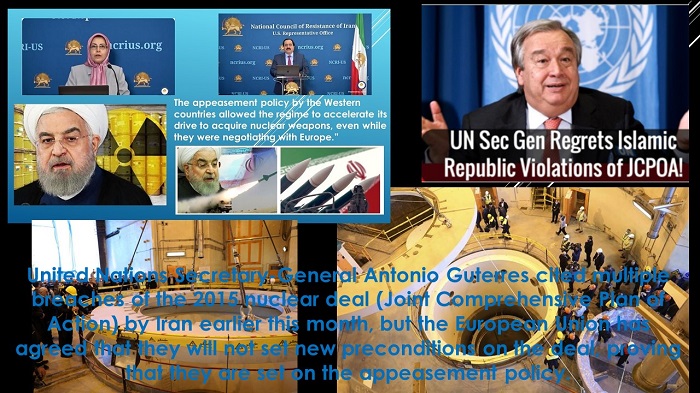
The National Council of Resistance of Iran (NCRI), and the People’s Mujahedin of Iran (PMOI / MEK Iran), reported that the United Kingdom, France, and Germany, known as the E3, issued a joint statement to the International Atomic Energy Agency (IAEA), expressing great concern about Iran’s nuclear program and the consequences of its systematic violations of the 2015 Joint Comprehensive Plan of Action.
While critics of Iran’s behavior should applaud this statement from the parties most responsible for keeping the JCPOA alive, they should also understand that the statement is simply reiterating what is already acknowledged by the IAEA.
The purpose of the statement was primarily to repeat to the IAEA the same points that the UN body had expressed earlier in the week in its own report.
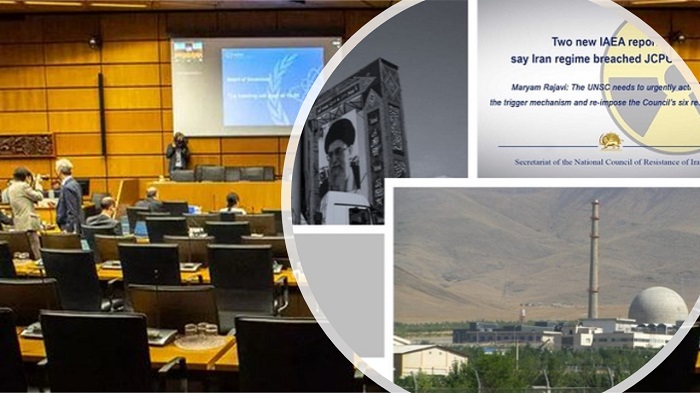
The E3’s criticism of Iran’s “escalatory steps” and “irreversible consequences for Iran’s nuclear capabilities” appears to show that European authorities are listening to the IAEA’s concerns. That criticism, however, will be meaningless until the three countries outline specific measures to hold the Iranian regime to account.
The statement is not enough to show commitment from the countries to push for real change. The only confirmation which can be read from the statement is in regard to whether the JCPOA will remain in place after the regime has continuously violated the terms of the deal.
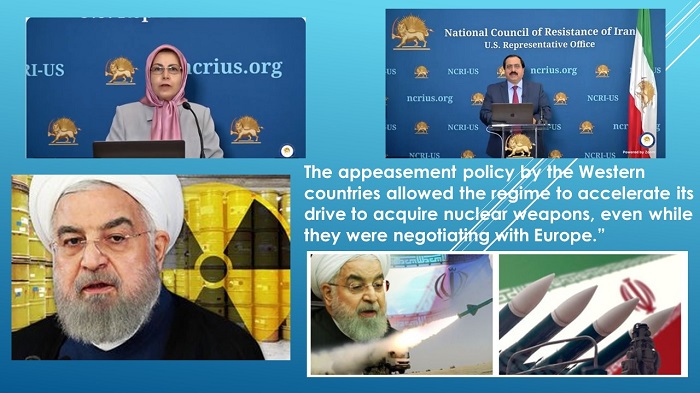
Following thanks to the IAEA and its Director-General, Rafael Grossi, for creating the report, the UK, France, and Germany, reaffirmed that they ‘remain completely committed’ to reinstating the existing deal.
However, this contradicts Grossi’s advice, given ahead of the report’s release. Grossi publicly condemned the regime for its lack of credibility and stated that “it is not possible” to return to the existing JCPOA agreement now that “Iran has accumulated knowledge, has accumulated centrifuges.
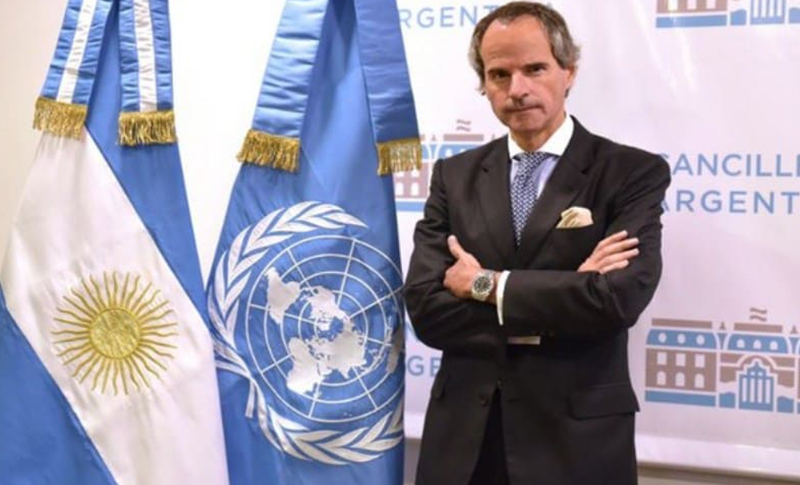
Instead, Grossi suggested that the JCPOA signatories’ ongoing talks in Vienna focus on addressing Iran’s more recent transgressions through “an agreement within an agreement.”
Such words exacerbate the difficulties already faced by Iran’s obstinacy in the Vienna talks, as well as in diplomatic conversations in general.
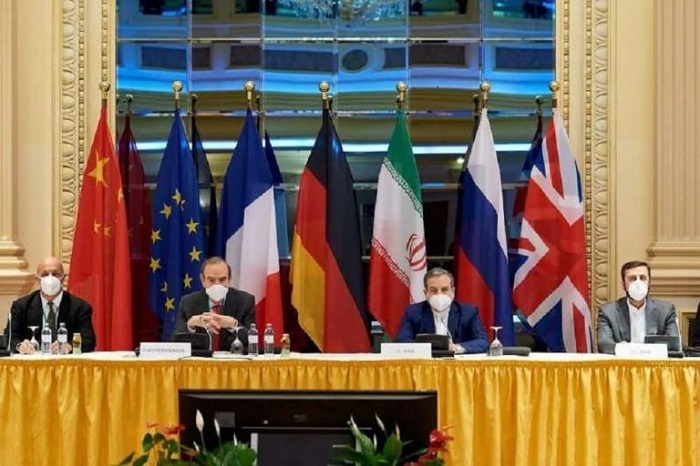
Since the relevant meetings began in early May, Iranian officials have insisted that the only outcome they will accept is the immediate and comprehensive suspension of all economic sanctions re-imposed or newly imposed by the US following then-President Donald Trump’s withdrawal from the JCPOA in May 2018.
Even as the new American administration made possibilities for a compromise agreement, Iran’s position has remained unchanged after six rounds of negotiations.
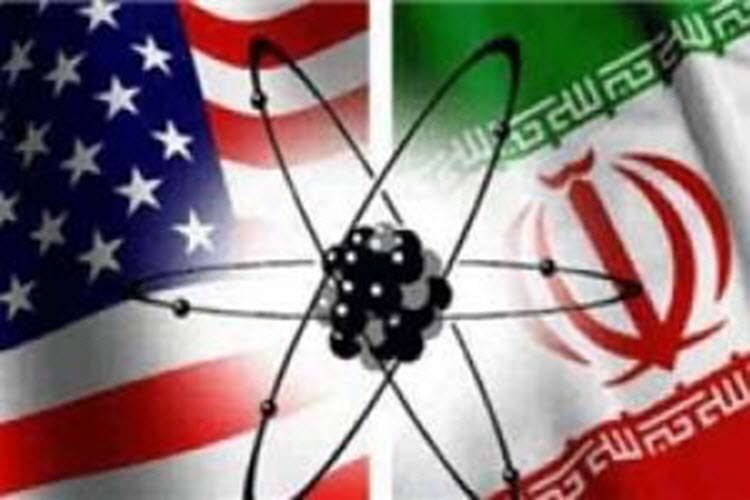
The assertions made in Wednesday’s statement do not reflect the situation outlined in the IAEA report. Even though the statement addressed challenges that have rendered that aim unsustainable, the authors advocated for a simple return to the status quo.
While the E3 appears to show some understanding of the regime’s lack of willingness to cooperate, however, they are not currently prepared to take the forceful action necessary to hold the regime to account.
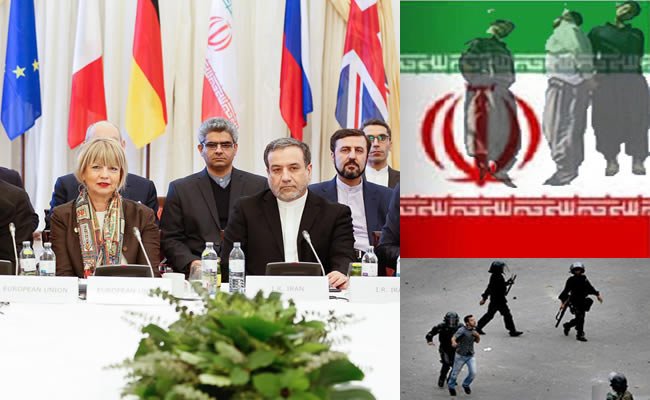
MEK Iran (follow us on Twitter and Facebook)
and People’s Mojahedin Organization of Iran – MEK IRAN – YouTube







